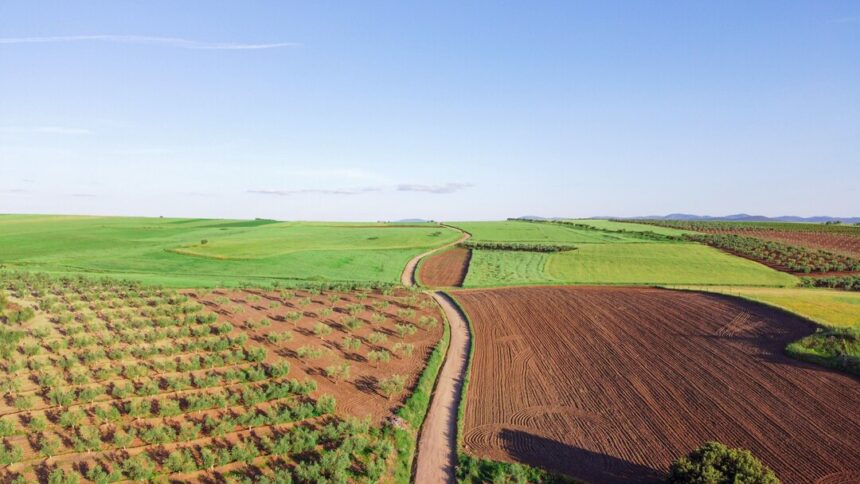Multi-crop farming requires efficient and adaptable equipment to handle different planting, cultivation, and harvesting needs. Integrated farm equipment—designed to perform multiple functions across various crops—helps farmers improve efficiency, reduce costs, and increase productivity. Here are the key benefits of using integrated farm equipment for multi-crop farming.
1. Increased Efficiency and Productivity
Integrated farm equipment streamlines field operations by performing multiple tasks in a single pass. For example, a combination planter and fertilizer applicator reduces the time needed for planting and nutrient application, ensuring crops get a strong start. Similarly, multi-purpose tillage equipment can prepare seedbeds for different crops without requiring frequent machine changes.
2. Cost Savings on Equipment and Maintenance
Investing in integrated farm equipment eliminates the need to purchase separate machines for each crop. This reduces capital expenses and lowers maintenance costs. Fewer machines mean reduced fuel consumption, fewer repairs, and lower labor costs, making farming more economical.
3. Adaptability for Different Crops and Soil Conditions
Multi-crop farming involves different soil conditions and planting requirements. Integrated equipment, such as adjustable seed drills, variable-rate sprayers, and flexible tillage tools, allows farmers to switch between crops with minimal adjustments. This adaptability ensures optimal planting depth, spacing, and fertilization for different crop types.
4. Improved Soil Health and Sustainability
Using multi-functional equipment helps minimize soil disturbance by reducing the number of passes required for field preparation. Conservation tillage tools, strip-till seeders, and precision planters help maintain soil structure, reduce erosion, and enhance moisture retention. This promotes long-term soil fertility and sustainability.
5. Enhanced Precision Farming Practices
Modern integrated farm equipment is designed with advanced technology, such as GPS guidance, variable-rate application, and automated controls. These features allow farmers to apply fertilizers, pesticides, and water with precision, reducing waste and improving crop yields. Precision farming also helps optimize land use and resource management.
6. Reduced Labor Requirements
With labor shortages affecting many farms, integrated equipment reduces the need for multiple operators. Automated and multi-functional machines enable a single operator to manage larger areas efficiently. This increases productivity while lowering labor costs.
7. Faster Crop Rotation and Seasonal Flexibility
Multi-crop farming often involves rotating crops to improve soil health and maximize yields. Integrated equipment enables quick transitions between crops, making it easier to prepare fields, plant, and harvest in time for seasonal changes. This flexibility helps farmers take advantage of market opportunities and climate conditions.
8. Better Return on Investment (ROI)
Since integrated equipment serves multiple purposes, farmers get more value from their investment. The long-term savings on fuel, labor, and maintenance contribute to a higher ROI compared to purchasing separate machines for different crops.
Integrated farm equipment is essential for multi-crop farming, providing efficiency, cost savings, adaptability, and sustainability. By reducing operational complexity and optimizing fieldwork, farmers can enhance productivity while maintaining soil health and environmental responsibility. Investing in integrated machinery is a smart choice for modern, diversified farming operations.
Join 'Farmers Mag' WhatsApp Channel
Get the latest Farming news and tips delivered straight to your WhatsApp
CLICK HERE TO JOIN






